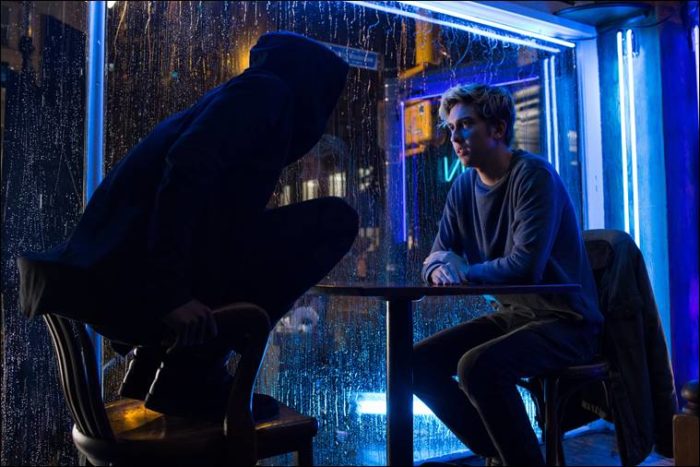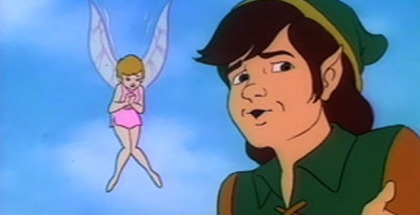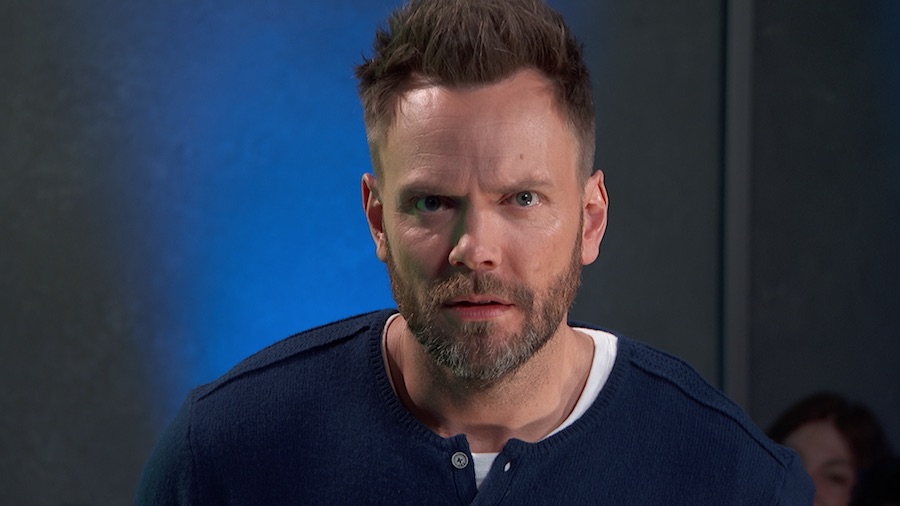Netflix UK film review: Death Note (2017)
Review Overview
High-concept hand-me-down
8Improved characterisation
8Margaret Qualley going über-emo
8Anton Bitel | On 22, Aug 2017
Director: Adam Wingard
Cast: Nat Wolff, Margaret Qualley, Keith Stanfield, Paul Nakauchi, Shea Whigham, Willem Dafoe, Masi Oka
Watch Death Note online in the UK: Netflix UK
Read our interview with director Adam Wingard here.
Death comes to us all in the end, but the wait for the American version of Death Note has been particularly long and twisted. It started as a manga series, Desu Noto (2003-6), written by Tsugumi Ohba and illustrated by Yakeshi Obata. This was followed by an anime for television (2006-7), and a trilogy of live-action films (2006-8), with a fourth film added in 2016, as well as a novelisation, a live-action television drama, a ‘New Generation’ miniseries, and a number of videogame spinoffs. Meanwhile, since 2007, many film companies have expressed interest in importing this all-Japanese material to the US, with, at various times, Shane Black and Gus van Sant rumoured to be helming.
Now, finally, it’s here, directed by Adam Wingard (You’re Next, The Guest, Blair Witch) and distributed exclusively by Netflix. It keeps the same essential premise, and many of the characters, from Ohba’s original to tell a story that is broadly similar in outline, but different enough in its details to keep even the most fervent Desu Noto otaku on their toes. Teen protagonist Light Yagami is now Light Turner (Nat Wolff), a smart high school senior from Seattle, who, after his mother is run down and killed by a gangster’s vehicle, dreams of doing right and making the world a better place. At his feet from out of the sky falls the Death Note, a book that grants its keeper supernatural powers to kill, in a prescribed, highly detailed and often convoluted manner, anyone whose name is written onto its pages.
Once this has been explained to Light by Ryuk, the apple-eating demon of death (voiced by Willem Dafoe) associated with the book, and tested, with rapidly fatal consequences, on a school bully, Light shows the book to gothic schoolmate Mia Sutton (Margaret Qualley), and together they set about remotely murdering criminals around the world under the guise of vengeful god ‘Kira’ (Japanglish for ‘Killer’). It is only when Light’s own father, James (Shea Whigham), a police officer, starts investigating Kira, joined by mysterious independent superdetective ‘L’ (Keith Stanfeld) and his assistant/mentor, Watari (Paul Nakauchi), that Light starts questioning the ethics of his own actions. Yet if Light is beginning to suspect that there is no way out, Mia proves far happier with murdering anyone who gets in her way, and, with Ryuk’s complete approval, wants the Death Note for herself.
When Light and über-emo Mia’s gangland purges extend to Japan, and are committed under a Japanese-sounding avatar, it is at first assumed that Kira is Japanese – and this, along with the presence of Watari, is a clever nod to the origins of this now globalised mythos. L continues to be an eccentric oddball whom viewers will either love or hate, but is now also African-American, marking his outsider status in the otherwise all-white world that has adopted him. Beginning like a superhero origin story, with Light becoming empowered and struggling to use those powers responsibly, Death Note quickly takes on a darker complexion, as that power produces unintended moral consequences. Now more a naïve adolescent than the out-and-out psychopath of the original, Light recognises and tries to redress the wrongs that he has done – and, as he gradually comes to realise that possession of the Death Note is a corrupting curse rather than a boon, his external conflict with L (presented as a sort of cat-and-mouse chess game) is also an internal one, allowing our hero-cum-antihero a far more interesting and nuanced psychology.
The Death Note itself represents a nightmarish wish-fulfilment fantasy for a younger generation used to effecting change with the push of a button, while always being one screen removed from the real world of impact and repercussion. Yet it also serves as an ingeniously reflexive figure for the film’s screenplay (co-written by Charles and Vlas Parlapanides and Jeremy Slater) – a tightly plotted scenario that has already been inscribed by a lot of other hands and is constantly being revised, expanded and altered as the production plays out, while always leading irrevocably to the same fixed endpoint. That said, the film’s suspended conclusion leaves plenty of blank pages for yet more sequels.
Death Note is available on Netflix UK, as part of an £9.99 monthly subscription.





















